The Future of Insurance: Predictions and Innovations
Insurance has long been a cornerstone of modern society, providing individuals and businesses with a safety net in times of need. However, the industry is not immune to change, and as technology continues to advance at a rapid pace, the future of insurance is likely to look very different from what we see today.
- 1/4/2024
- 3 min read
 Click
to read the article
Click
to read the article
In this article, we will explore some predictions and innovations that are shaping the future of insurance.
Personalized Policies
One of the most significant trends in the insurance industry is the move towards personalized policies. With the advent of big data and artificial intelligence, insurers are now able to collect and analyze vast amounts of data to better understand their customers and tailor policies to meet their specific needs. This shift towards personalized insurance policies means that individuals can expect coverage that is more relevant and cost-effective, ultimately leading to a more transparent and efficient insurance market.
Usage-Based Insurance
Another key innovation that is driving the future of insurance is the rise of usage-based insurance. Traditionally, insurance premiums have been based on factors such as age, location, and driving record. However, with the proliferation of connected devices and the Internet of Things, insurers can now track and analyze real-time data on how individuals use their products or services. This allows insurers to offer more flexible and affordable coverage based on actual usage, rather than broad demographic factors.
Insurtech Disruption
The rise of technology in the insurance industry has also paved the way for a new breed of companies known as insurtechs. These digital startups are leveraging technology to streamline and modernize traditional insurance processes, from underwriting to claims processing. As insurtech companies continue to disrupt the industry with innovative solutions, we can expect to see more competition, increased efficiency, and a greater focus on customer-centric solutions in the insurance market.
Cyber Insurance
With the increasing frequency and sophistication of cyber attacks, cyber insurance is becoming an essential component of risk management for businesses of all sizes. As the threat landscape continues to evolve, insurers are developing new products and services to help businesses protect themselves against cybersecurity risks. In the future, we can expect to see a greater emphasis on cyber insurance as businesses seek to mitigate the potentially devastating impact of data breaches and cyber attacks.
Climate Change Adaptation
Climate change is another major driver shaping the future of insurance. As extreme weather events become more frequent and severe, insurers are facing a growing number of claims related to natural disasters. In response, insurance companies are exploring new ways to assess and price climate-related risks, as well as partnering with governments and other stakeholders to develop innovative solutions for managing these risks. In the coming years, we can expect to see insurance companies playing a more active role in helping communities adapt to and mitigate the impacts of climate change.
Conclusion
As technology continues to disrupt and transform the insurance industry, we can expect to see a future that is more personalized, flexible, and customer-centric. From usage-based insurance to insurtech disruption, the future of insurance is shaping up to be an exciting and dynamic landscape. By embracing innovation and leveraging technology, insurers have the opportunity to provide better, more affordable coverage to individuals and businesses, ultimately delivering a more secure and resilient society.
Recent posts
Random news
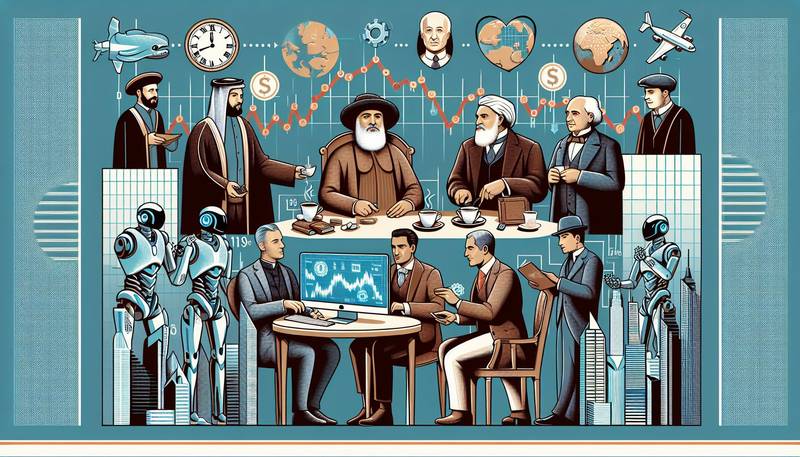
The Evolution of the Insurance Industry: A Historical Perspective
- 2024-03-01T00:00:00Z
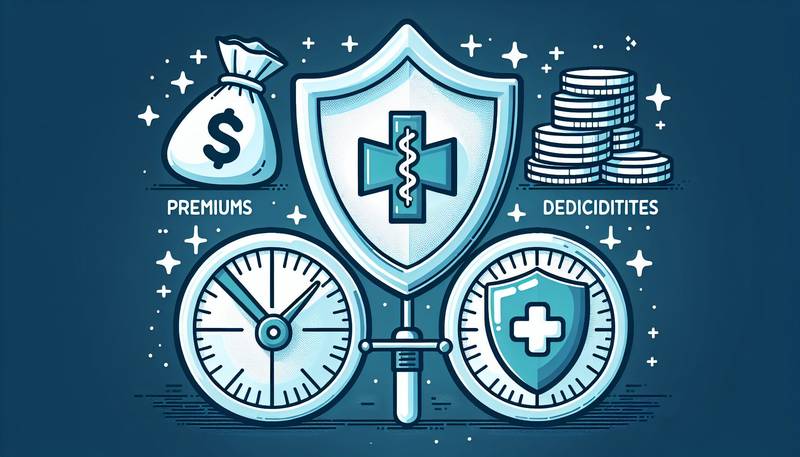
Understanding Premiums, Deductibles, and Coverage Limits
- 2024-01-15T00:00:00Z

The Role of Underwriting in Insurance
- 2023-12-27T00:00:00Z
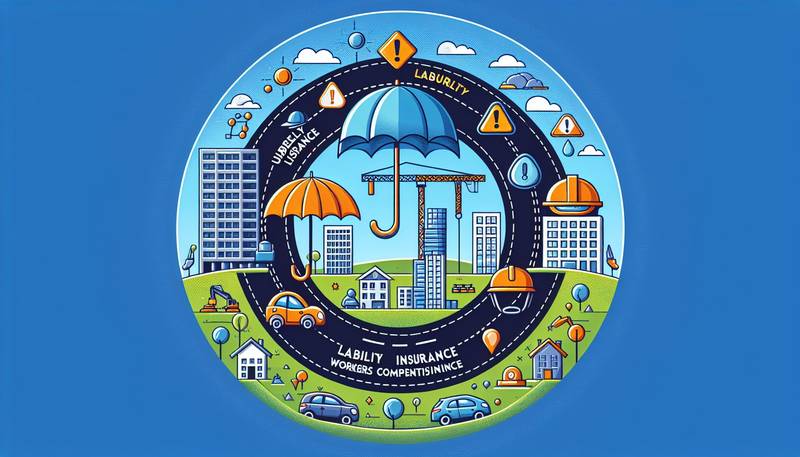
Exploring the Different Types of Liability Insurance
- 2023-12-11T00:00:00Z

The Benefits and Limitations of Whole Life Insurance
- 2024-03-06T00:00:00Z

An Introduction to Commercial Insurance for Business Owners
- 2024-02-02T00:00:00Z

Travel Insurance: Why It's Essential for Your Next Trip
- 2024-01-18T00:00:00Z

Renters Insurance: An Often Overlooked Necessity
- 2023-12-11T00:00:00Z

Pet Insurance: Is It Worth the Cost?
- 2023-12-30T00:00:00Z
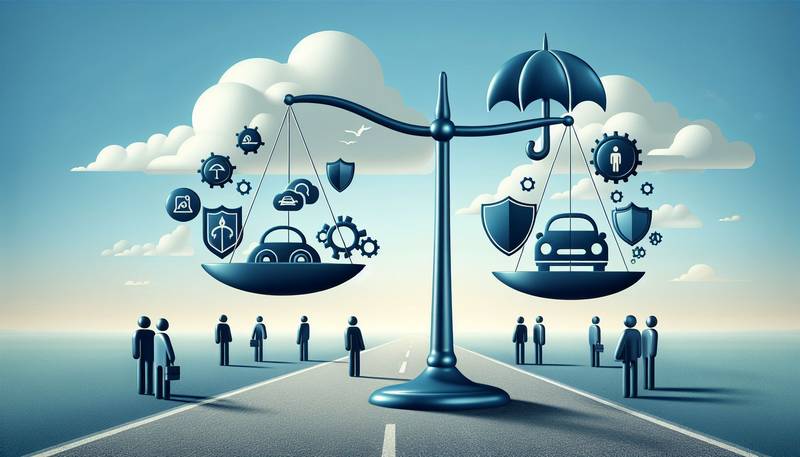
Auto Insurance Essentials: What Every Driver Needs to Know
- 2023-12-14T00:00:00Z

Tips for Lowering Your Insurance Premiums
- 2023-12-30T00:00:00Z

Cyber Insurance: Protecting Businesses in the Digital Age
- 2024-02-04T00:00:00Z

The Importance of Disability Insurance in a Financial Plan
- 2024-01-27T00:00:00Z
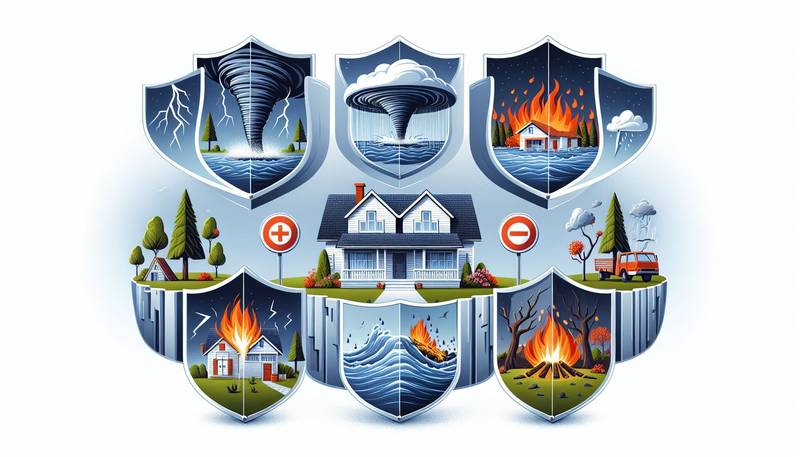
Insurance and Natural Disasters: How to Protect Your Home
- 2023-12-19T00:00:00Z

The Impact of Technology on the Insurance Sector
- 2024-01-15T00:00:00Z

Critical Illness Insurance: What It Covers and Why It's Important
- 2023-12-29T00:00:00Z

Insurance Fraud: Detection, Prevention, and Consequences
- 2024-02-24T00:00:00Z
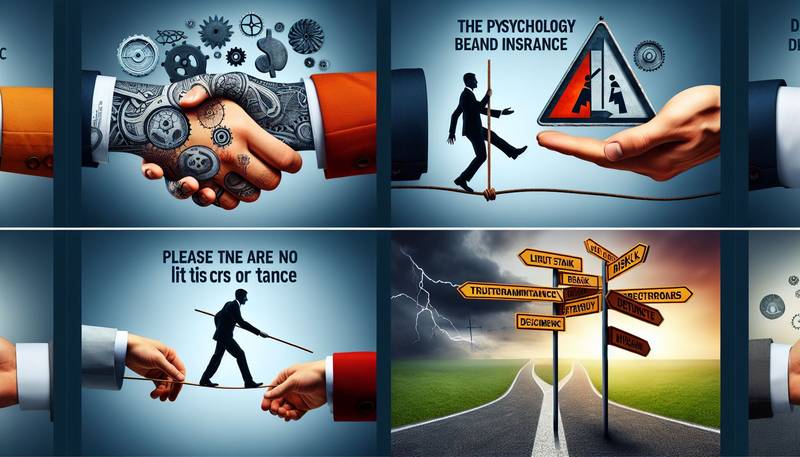
The Psychology Behind Insurance: Trust, Risk, and Decision Making
- 2023-12-30T00:00:00Z

The Global Insurance Market: Trends and Growth Opportunities
- 2023-12-14T00:00:00Z

The Intersection of Artificial Intelligence and the Insurance Industry
- 2024-02-12T00:00:00Z

Life Insurance: Securing Your Family's Future
- 2024-02-20T00:00:00Z

How Climate Change is Shaping the Insurance Industry
- 2024-03-08T00:00:00Z

Group Insurance Plans: Benefits for Employers and Employees
- 2024-02-09T00:00:00Z

Reinsurance Explained: How It Works in the Insurance Industry
- 2024-02-03T00:00:00Z
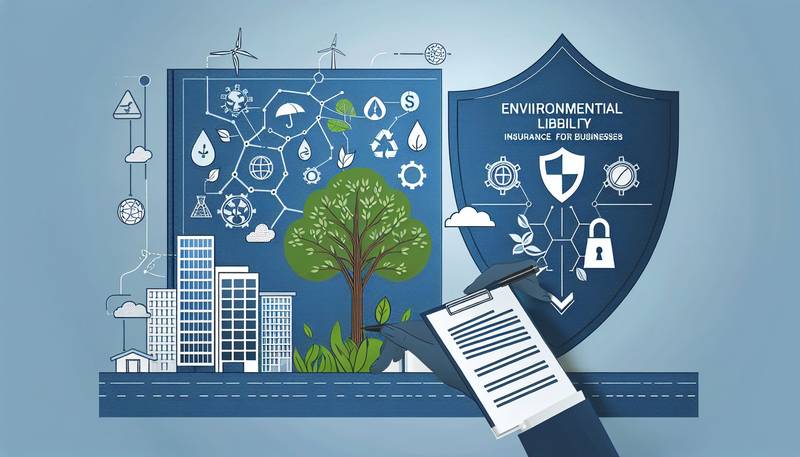
Environmental Liability Insurance: What Businesses Need to Know
- 2024-02-17T00:00:00Z

The Future of Insurance: Predictions and Innovations
- 2024-01-04T00:00:00Z

Insurance for Freelancers: Protecting Your Independent Career
- 2024-03-03T00:00:00Z
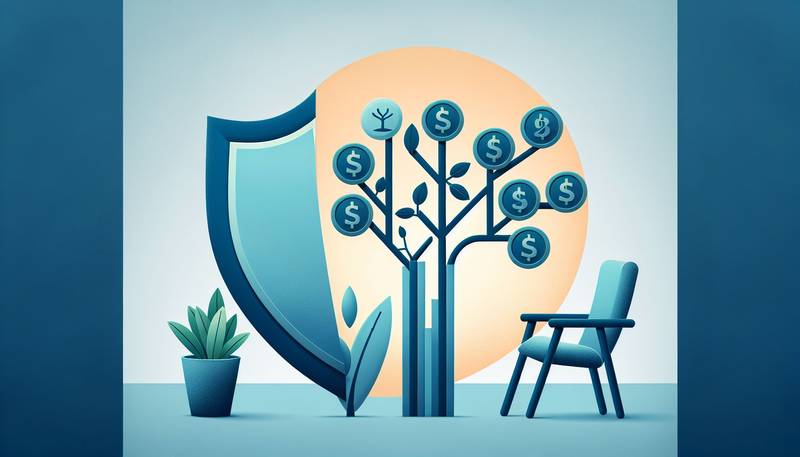
Annuities: Combining Insurance and Investment for Retirement
- 2024-03-17T00:00:00Z

Marine Insurance: Covering the Risks of Sea Transport
- 2024-01-28T00:00:00Z

Flood Insurance: Understanding Your Coverage Options
- 2024-02-03T00:00:00Z
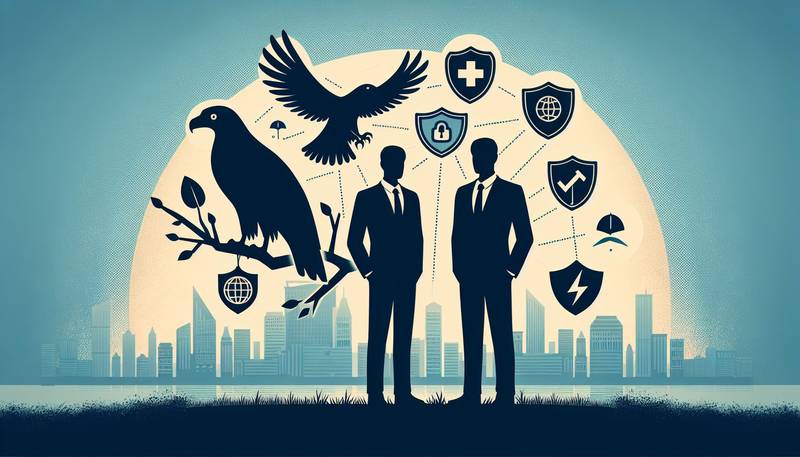
The Role of Agents and Brokers in the Insurance Industry
- 2023-12-11T00:00:00Z

How Insurance Supports Economic Growth and Stability
- 2023-12-25T00:00:00Z
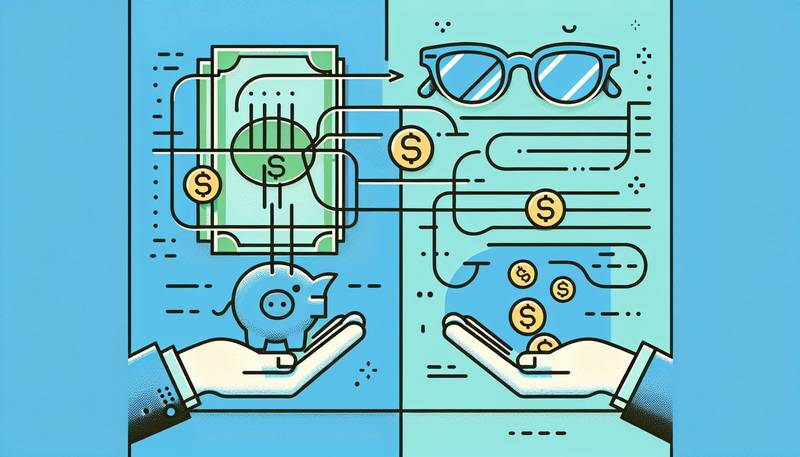
Vision Insurance: Seeing the Benefits Clearly
- 2024-02-22T00:00:00Z

Insurance Against Identity Theft: What You Need to Know
- 2024-02-07T00:00:00Z

The Rise of Telemedicine and Its Impact on Health Insurance
- 2024-03-17T00:00:00Z

Insurance in the Sharing Economy: Challenges and Solutions
- 2024-01-15T00:00:00Z

Digital Platforms Transforming the Insurance Buying Experience
- 2024-03-10T00:00:00Z

The Intersection of Blockchain Technology and the Insurance Industry
- 2024-03-07T00:00:00Z
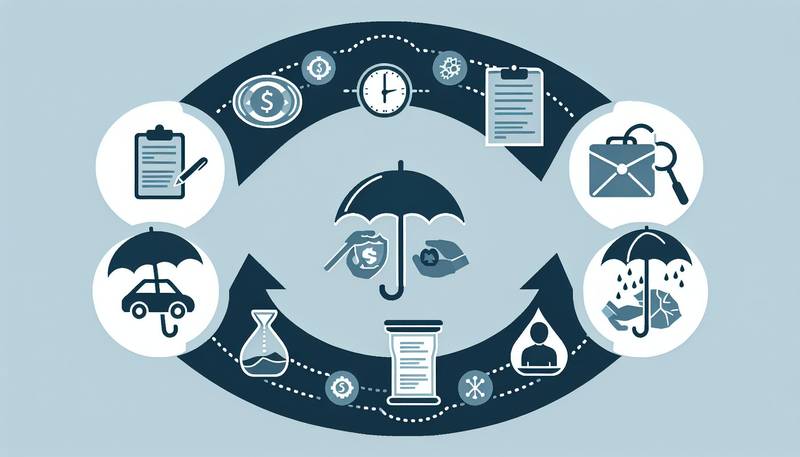
Understanding the Insurance Policy Lifecycle
- 2023-12-14T00:00:00Z

Understanding the Fine Print: Insurance Policy Exclusions
- 2024-02-11T00:00:00Z

Making Sense of Health Savings Accounts (HSAs) and Insurance
- 2024-03-12T00:00:00Z

Insurance and Public Health: A Complex Relationship
- 2023-12-27T00:00:00Z

Long-Term Care Insurance: Planning for the Future
- 2024-02-23T00:00:00Z

Insurance Literacy: Understanding Your Rights and Responsibilities
- 2024-02-10T00:00:00Z

Insurance for Young Adults: What You Need to Know
- 2024-01-04T00:00:00Z
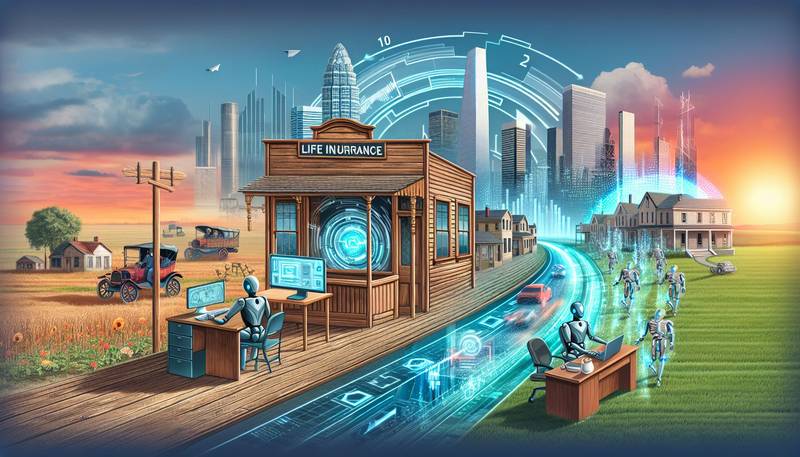
The Changing Landscape of Life Insurance: Trends to Watch
- 2024-03-02T00:00:00Z

Insurance Claims: A Step-by-Step Guide to Filing and Settlement
- 2024-02-21T00:00:00Z

The Economics of Insurance: How Markets Operate
- 2024-02-21T00:00:00Z

Bridging the Gap: Insurance and Social Justice
- 2024-03-08T00:00:00Z

The Ins and Outs of Motorcycle Insurance
- 2023-12-17T00:00:00Z

The Legal Landscape of Insurance: Key Regulations and Challenges
- 2024-01-28T00:00:00Z

Directors and Officers Insurance: Safeguarding Corporate Leaders
- 2023-12-25T00:00:00Z

A Guide to Managing Insurance Costs in Small Businesses
- 2024-02-27T00:00:00Z
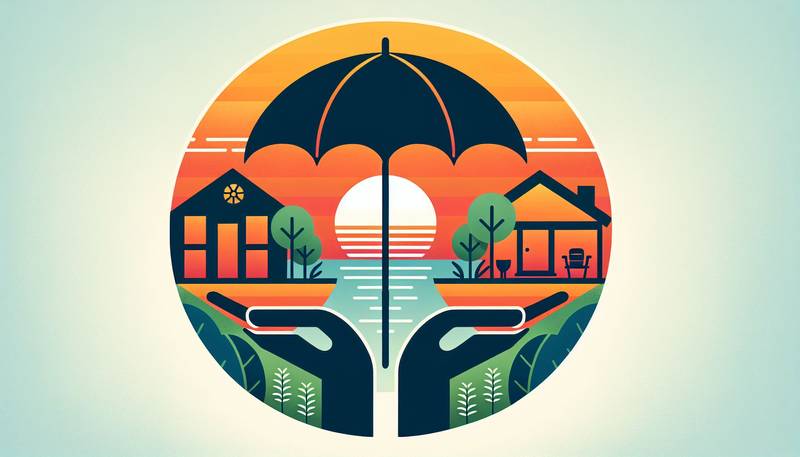
Insurance and Retirement Planning: A Comprehensive Approach
- 2023-12-20T00:00:00Z

Mobile Home Insurance: Coverage and Considerations
- 2023-12-27T00:00:00Z

Disaster Preparedness: The Role of Insurance in Recovery
- 2024-02-25T00:00:00Z

Navigating the Complex World of Health Insurance
- 2024-01-17T00:00:00Z

The Significance of Actuarial Reports in the Insurance Industry
- 2024-02-21T00:00:00Z

How Insurance Policies Are Priced: The Basics of Actuarial Science
- 2024-03-14T00:00:00Z

The Psychology of Insurance: How Coverage Affects Behavior
- 2024-01-01T00:00:00Z

Dental Insurance: Navigating Coverage and Care
- 2024-01-22T00:00:00Z

Umbrella Insurance: Extra Protection Beyond Standard Policies
- 2023-12-31T00:00:00Z
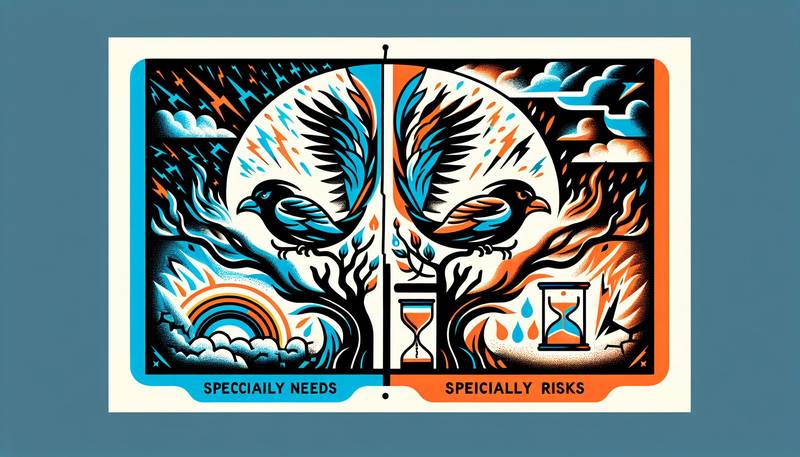
Specialty Insurance: Coverage for Unique Needs and Risks
- 2024-02-09T00:00:00Z

The Challenges and Benefits of High-Deductible Health Plans
- 2024-01-27T00:00:00Z

Understanding Coinsurance: What It Means for Your Wallet
- 2024-03-16T00:00:00Z

Crop Insurance: Supporting Farmers Through Uncertainty
- 2024-01-19T00:00:00Z
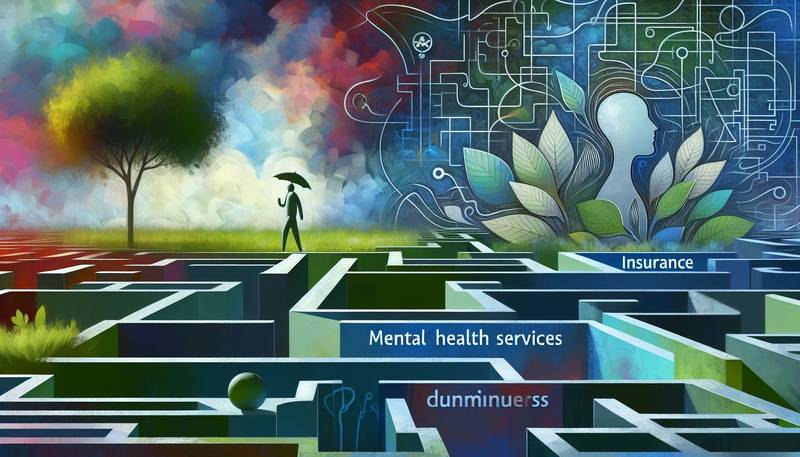
Navigating Insurance for Mental Health Services
- 2024-02-09T00:00:00Z

The Role of Insurance in Estate Planning
- 2024-01-23T00:00:00Z

How to Handle Insurance Claims Disputes
- 2024-01-21T00:00:00Z

Condominium Insurance: Understanding Policies and Protection
- 2024-03-09T00:00:00Z
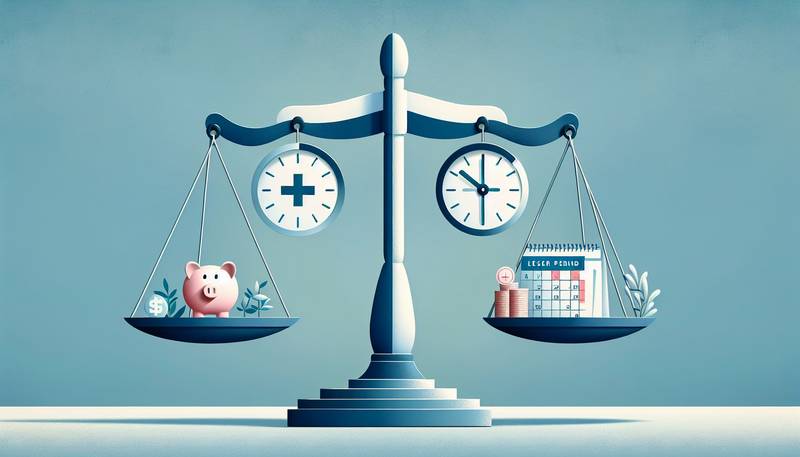
Short-Term Health Insurance: Pros and Cons
- 2024-02-10T00:00:00Z

Understanding the Role of Insurance Adjusters
- 2023-12-25T00:00:00Z
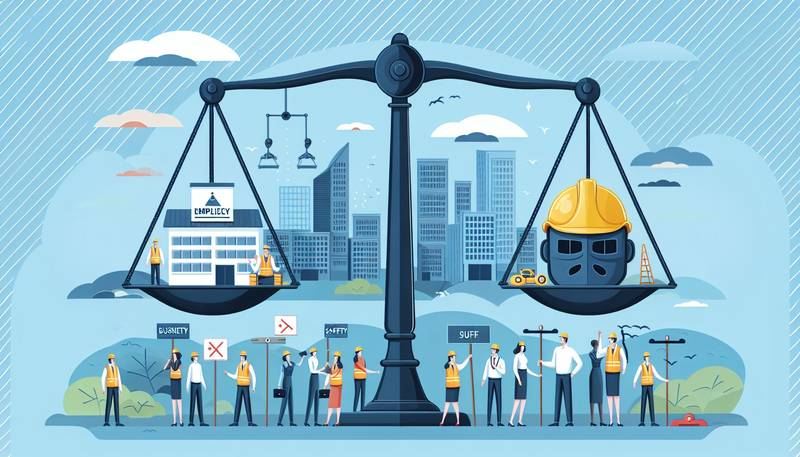
Workers' Compensation: Ensuring Protection for Employees and Employers
- 2024-02-12T00:00:00Z

Healthcare Sharing Ministries vs. Traditional Health Insurance
- 2024-03-19T00:00:00Z

The Future of Autonomous Vehicles and Insurance Implications
- 2024-01-17T00:00:00Z

Gap Insurance: Closing the Coverage Gap in Auto Loans
- 2023-12-16T00:00:00Z

Antique and Collector Car Insurance: A Unique Protection
- 2024-01-13T00:00:00Z

The Impact of Regulatory Compliance on the Insurance Industry
- 2024-02-11T00:00:00Z
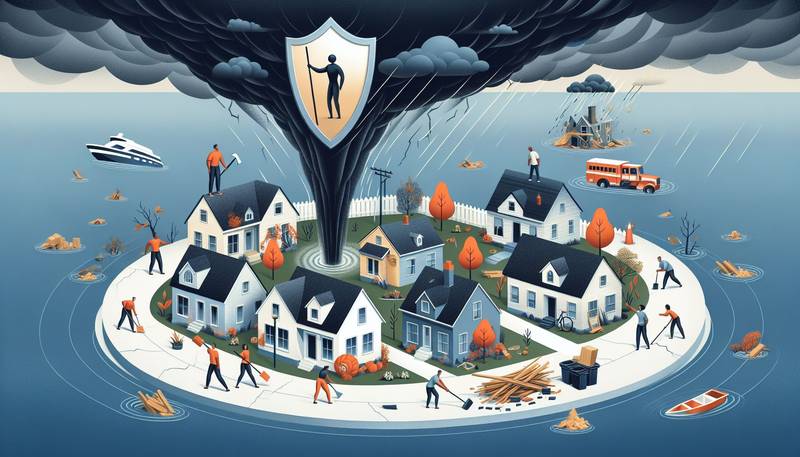
Disaster Insurance: Preparing for the Unexpected and Recovering Afterward
- 2024-01-01T00:00:00Z
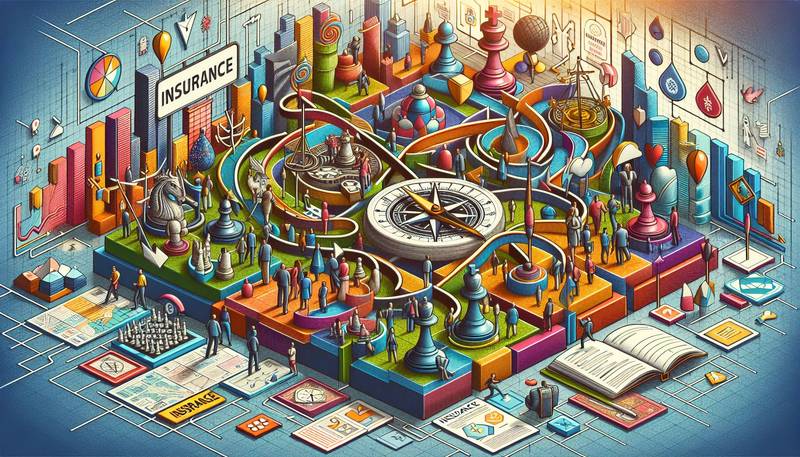
Navigating the Insurance Marketplace: Strategies for Consumers
- 2024-03-14T00:00:00Z

The Role of Insurance in Disaster Response and Recovery
- 2023-12-12T00:00:00Z

Insurance and Ethics: Navigating Moral Dilemmas in the Industry
- 2023-12-31T00:00:00Z
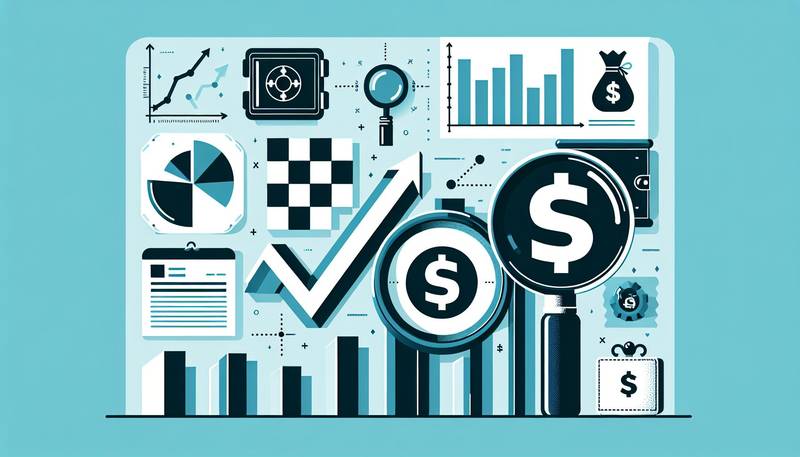
Maximizing Benefits: Strategies for Effective Insurance Utilization
- 2024-02-05T00:00:00Z


Insurance for Nonprofits: Special Considerations and Needs
- 2024-01-24T00:00:00Z

The Future of Insurance: How Technology is Shaping Coverage and Customer Service
- 2024-02-19T00:00:00Z

Understanding the Fine Print: Key Terms and Conditions in Insurance Policies
- 2024-02-06T00:00:00Z

Life Insurance: Securing Your Family's Future in Uncertain Times
- 2024-02-04T00:00:00Z
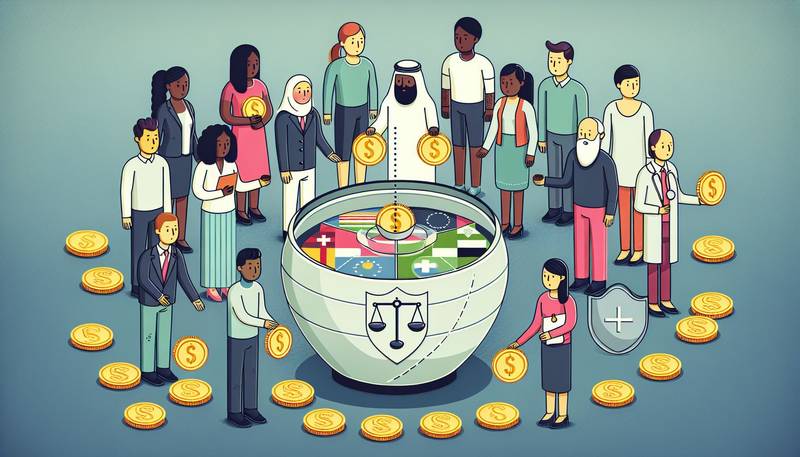
Peer-to-Peer Insurance: A New Model for Sharing Risk
- 2024-01-03T00:00:00Z

Navigating the Maze: Choosing the Right Insurance Policy for Your Needs
- 2024-02-26T00:00:00Z

Commercial Insurance: Protecting Your Business from Unseen Risks
- 2024-01-10T00:00:00Z

Insurance and Customer Experience: The Journey to Satisfaction
- 2024-01-24T00:00:00Z
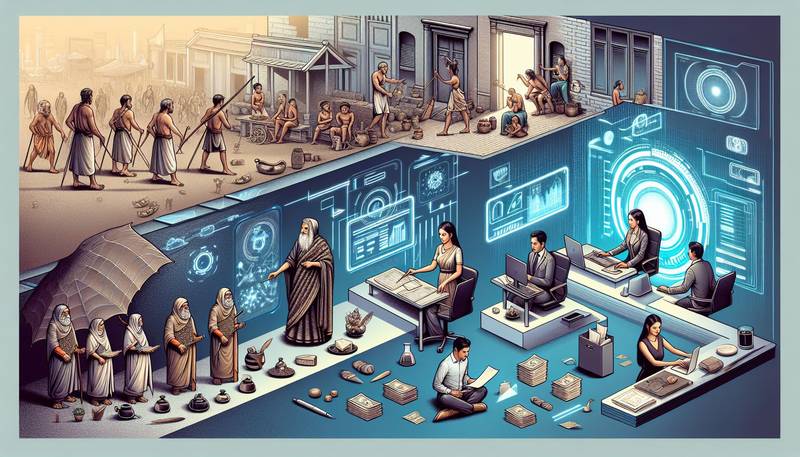
The Evolution of Insurance: From Ancient Times to the Digital Age
- 2024-02-16T00:00:00Z
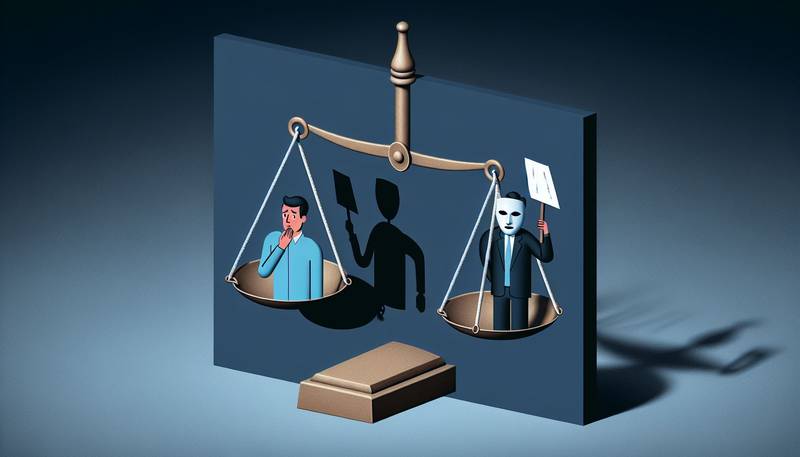
Insurance Fraud: The Impact on Policyholders and How to Protect Yourself
- 2024-02-13T00:00:00Z

Health Insurance Explained: What You Need to Know to Protect You and Your Family
- 2024-03-06T00:00:00Z

Auto Insurance: Tips for Choosing the Right Coverage and Saving Money
- 2024-01-30T00:00:00Z

Supplemental Insurance: Filling the Gaps in Coverage
- 2024-01-26T00:00:00Z
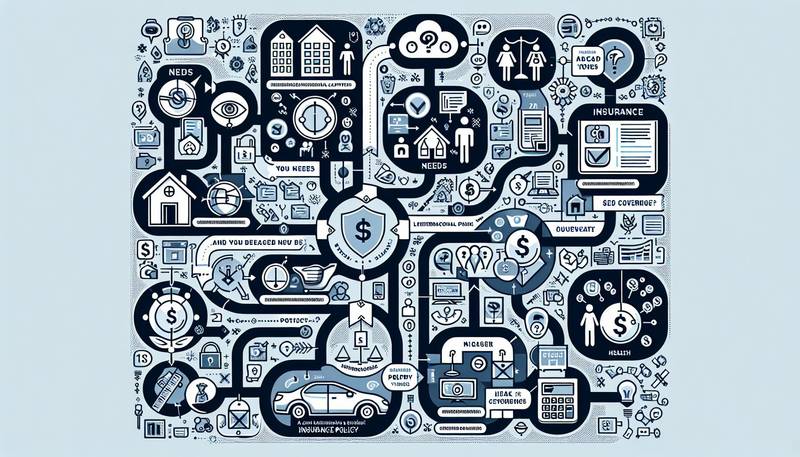
How to Choose the Right Insurance Policy for Your Needs
- 2024-01-30T00:00:00Z

The Role of Insurance in Mitigating Financial Risk
- 2023-12-06T00:00:00Z

Understanding the Basics of Insurance: A Beginner's Guide
- 2024-03-04T00:00:00Z
 InsurePath: Navigating Your Way to Peace of Mind
InsurePath: Navigating Your Way to Peace of Mind